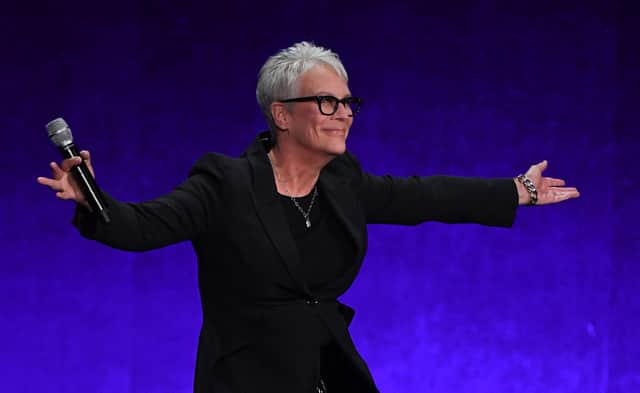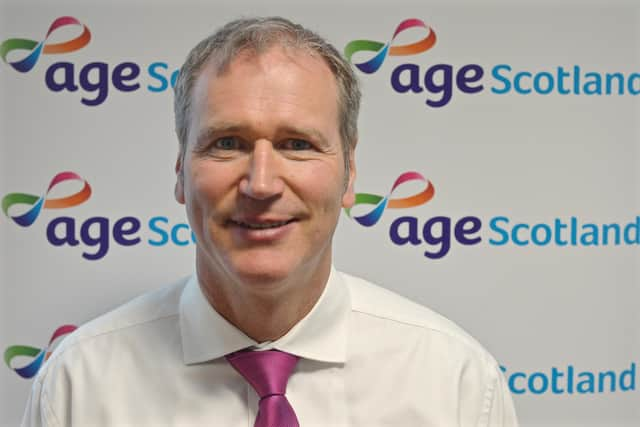It’s high time we made ageism old news - Brian Sloan


Age Scotland has been campaigning over the years to shift the negative narrative that exists around ageing and tackle ageism in all its forms.
Ageist views run deep in our culture and are rife in advertising and media, in health and social care, and the workplace. Whether it’s talking about an “old crone” at work or adverts promoting the latest “anti-ageing” cosmetics, our attitudes towards ageing creep into our everyday language. The global pandemic has exposed serious questions about the way we think and talk about older people and ageism has never been more apparent. Often, older people are depicted as a drain on resources, “bed blockers” or a societal burden. The effort across the generations to reach out to those most vulnerable to Covid-19 has been heartening. But it has also highlighted a tendency to view older people as helpless victims and overlook the huge contribution they still make to society.
Advertisement
Hide AdAdvertisement
Hide AdFindings from our recent Big Survey painted a stark picture of how older people feel regarded and portrayed in Scotland, with a third of older people saying they felt a burden to society and only 7% agreed that older people are represented positively in the media. It made very tough reading and as the national charity for older people in Scotland, we felt compelled to do something.


We recently published our ‘Making ageism old news’ guide to help avoid ageist stereotypes and negative images portraying later life. We want to push back against the misconceptions about getting older, reject stereotypes about ageing and highlight the valuable contributions made by older people. In our society, later life is often portrayed as a time of frailty and vulnerability. Given so many more of us are living longer, it’s time for a cultural shift to adopt a more positive attitude towards ageing. One way we can all do this is to start using more positive terminology and diverse imagery to reflect ageing and not generalise all older people as frail with a walking stick and grey hair. Instead, we should showcase the countless contributions made by older people, such as: still working and mentoring employees, volunteering, competing at sporting events, and providing care for grandchildren and family members. Ageism fundamentally undermines older, and younger, people’s participation in society and can lead to greater isolation and loneliness.
We really hope our guide will be a step in the right direction towards changing the gloomy narrative around ageing in society and encourage people to embrace and celebrate later life.
In Scotland, by 2035 there will be more than 1.7 million people aged 60 and over. Our ageing population will, of course, present many challenges but also opportunities. Tackling ageism is a key part of making Scotland the best place in the world to grow older. We must work together to make ageism old news and see ageing as a privilege. Like Jamie Lee Curtis said, not hide from it.
Brian Sloan, Chief Executive at Age Scotland
Read Age Scotland’s Make Ageism Old News guide at Media Guide | Age Scotland (ageuk.org.uk)
Comments
Want to join the conversation? Please or to comment on this article.